A crucial and vulnerable bone
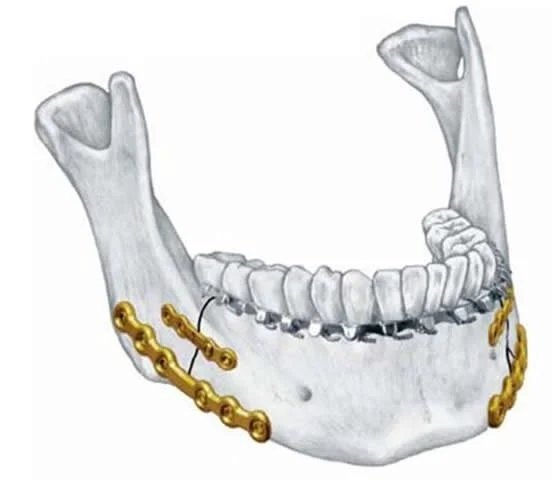
The jaw is one of the most important bones of the head and face. It supports the lower teeth and helps form the facial structure.
Due to its position and function, the jaw is also vulnerable to injuries that can be the result of different factors: car accidents, contact sports, blows, and falls.
Jaw injuries such as fractures, dislocations, soft tissue injuries, and osteonecrosis are some of the traumas that can affect the jaw.
Jaw Fractures
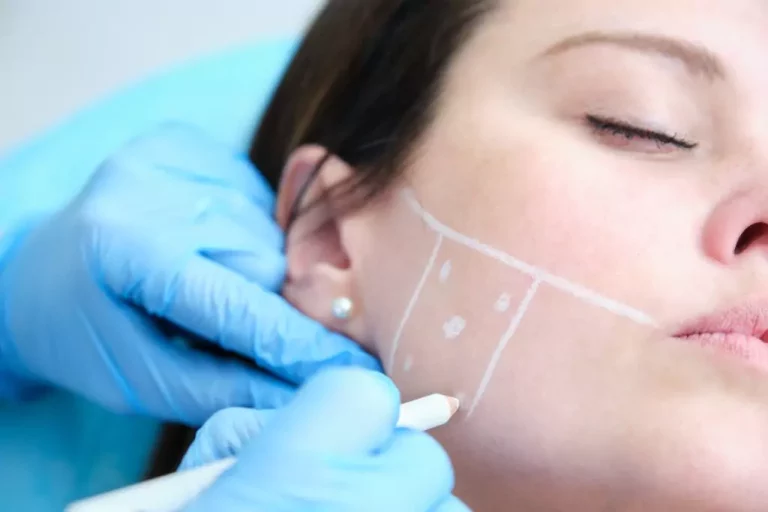

It is one of the most frequent jaw injuries. They can be caused by a hard blow, such as in a car accident or a fight. The usual symptoms of a broken jaw include severe pain in the jaw, the jaw being misaligned and out of place, difficulty speaking or chewing, swelling, and bruising of the jaw and face.
Treatment for a jaw fracture depends on the severity of the fracture. In mild cases, treatment may include rest, ice, pain relievers, and a liquid or soft diet. In more serious cases, surgery may be required to realign the jaw and fix it with plates and screws to allow the fracture to heal properly.
Jaw dislocation
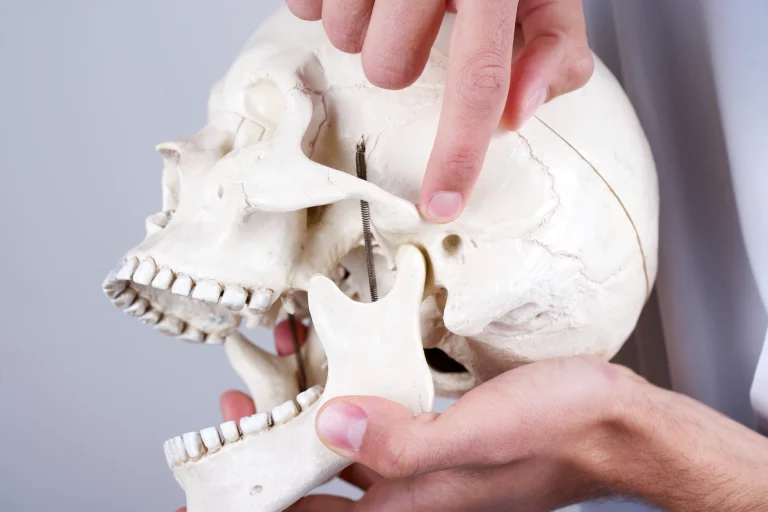

It occurs when the jaw is dislocated from its normal position at the temporomandibular joint (TMJ). This injury is commonly caused by a sharp blow to the jaw or a fall.
Intense pain, difficulty speaking or chewing, swelling, and a misaligned or out-of-place jaw are the obvious symptoms of this injury.
Treatment involves moving the jaw back into place, at the temporomandibular joint. This is done with the help of a trained medical professional and often requires sedation or local anesthesia. Once the jaw is in place, jaw exercises and physical therapy may be recommended to help strengthen the muscles and improve jaw mobility.


19 Natural Antibiotics to Ward Off Any Dental Infection
Sign up to receive daily email dentist tips and challenges, as well as our comprehensive Better smile Guidebook.
Soft Tissue Injuries
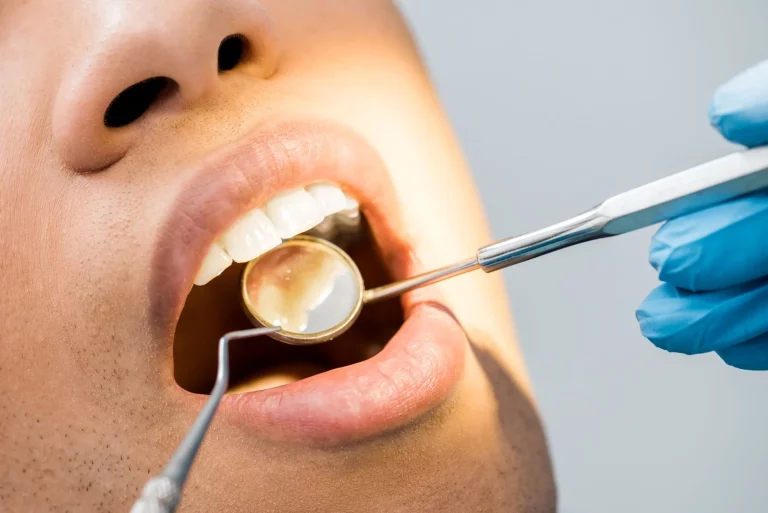

Soft tissues are the muscles, ligaments, and other tissues that surround the jaw and facial bones. Soft tissue injuries can be caused by blows, falls, car accidents, and contact sports.
Pain, swelling, and bruising in the jaw and face are the symptoms that accompany soft tissue injuries to the jaw.
The most common injuries include:
- Contusion: It is a bruise. There is pain, swelling, and discoloration. Treatment may include rest and applying ice.
- Cuts and wounds: Wounds can be caused by cuts or penetrating injuries. This injury generates pain, swelling, bleeding, and scarring. To treat the injury, it will be necessary to clean and close the wound. In severe cases, reconstructive surgery may be necessary.
- Muscle injuries: These can include sprains and strains. They cause pain, swelling, and difficulty moving the jaw. Treatment includes rest periods, physical therapy, and medications to relieve pain.
Osteonecrosis
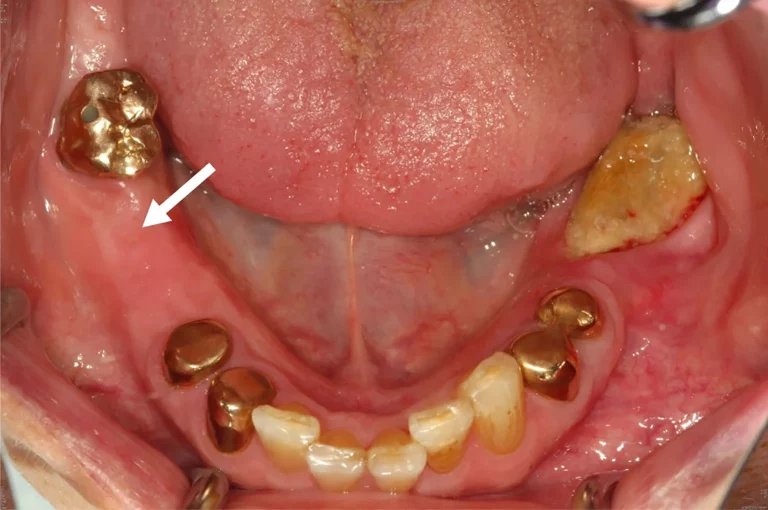

Osteonecrosis of the jaw (ONJ) occurs when the jaw bone does not receive enough blood and cells begin to die. In most cases, ONJ occurs after tooth extraction. In some cases, this injury does not cause pain.
Osteonecrosis of the jaw is associated with cancer treatments, steroid use, or osteoporosis medications.
Conclusion
Find and contact quality dental care
Timely care is a determining factor in the prognosis and subsequent evolution to overcome the injury.
The directory of dental professionals that you find at your disposal on this website provides you with the information to contact the necessary care service and receive quality care.



19 Natural Antibiotics to Ward Off Any Dental Infection
Sign up to receive daily email dentist tips and challenges, as well as our comprehensive Better smile Guidebook.
Our Doctor
Meet Doctor
Dr. Andreas
Dental specialist



19 Natural Antibiotics to Ward Off Any Dental Infection
Sign up to receive daily email dentist tips and challenges, as well as our comprehensive Better smile Guidebook.











